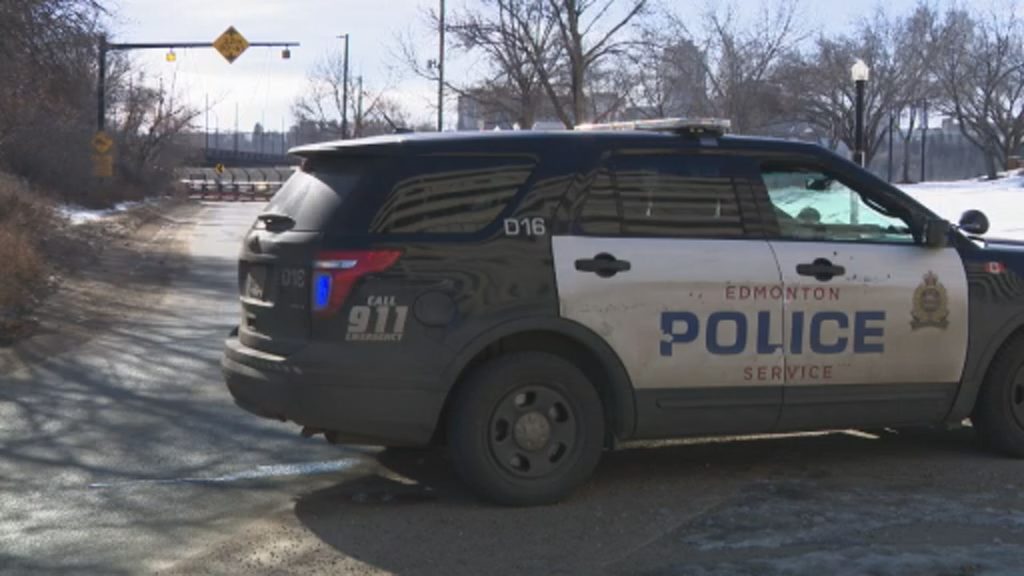Spring savings on electricity in Alberta may be disappointing: expert

Posted May 15, 2023 7:49 pm.
Expecting to save big on your spring utility bills? Well, don’t get too excited.
This is typically the time of year when rising temperatures have Albertans turning down their thermostats, and while the need for air conditioning and fans has yet to hit its seasonal peak this year, things are different.
Amidst an uncharacteristic heat wave, Blake Shaffer, an economist with the University of Calgary, says it’s not just the weather that will increase your utility bill.
“Right now, the floating monthly residential rate is about 17 cents. In August, it might be as high as 30 cents. That’s what the forward markets are predicting per kilowatt hour. That’s extremely high,” he told CityNews.
“Natural gas prices have returned down to where we’re accustomed to. Electricity prices have stayed high.”
Watch: Alberta NDP talks utility price hikes
Heading into the election, Alberta’s United Conservative Party (UCP) has yet to release future plans for providing utility relief.
Meanwhile, Alberta’s NDP is offering an electricity rate cap, saving households roughly $450 between July and September.
However, Shaffer claims the NDP’s proposal doesn’t fall far from recent UCP relief measures.
“Neither one is proposing a solution to sort of the long run issue of ‘is the market working? Are we okay with these swings in prices? Is it returning to some sense of normalcy quick enough?” Shaffer said.
Related Stories:
-
Alberta NDP, UCP make promises for better health care
-
Calgary is set to reach above average temperatures
-
Alberta NDP pull ahead in election race: poll
And for those with regulated rate options, the UCP implemented a three-month affordability operation which capped power prices at 13.5 cents per kilowatt hour in January.
During that time, electricity prices jumped as high as 33 cents, but with the cap in place, additional charges were deferred to a later date.
“That gap is being stored in what we call deferral accounts held by the utilities, and the total there is about $200 million,” Shaffer said.
“So the utilities then get to charge a little bit extra … through the end of 2024.”








